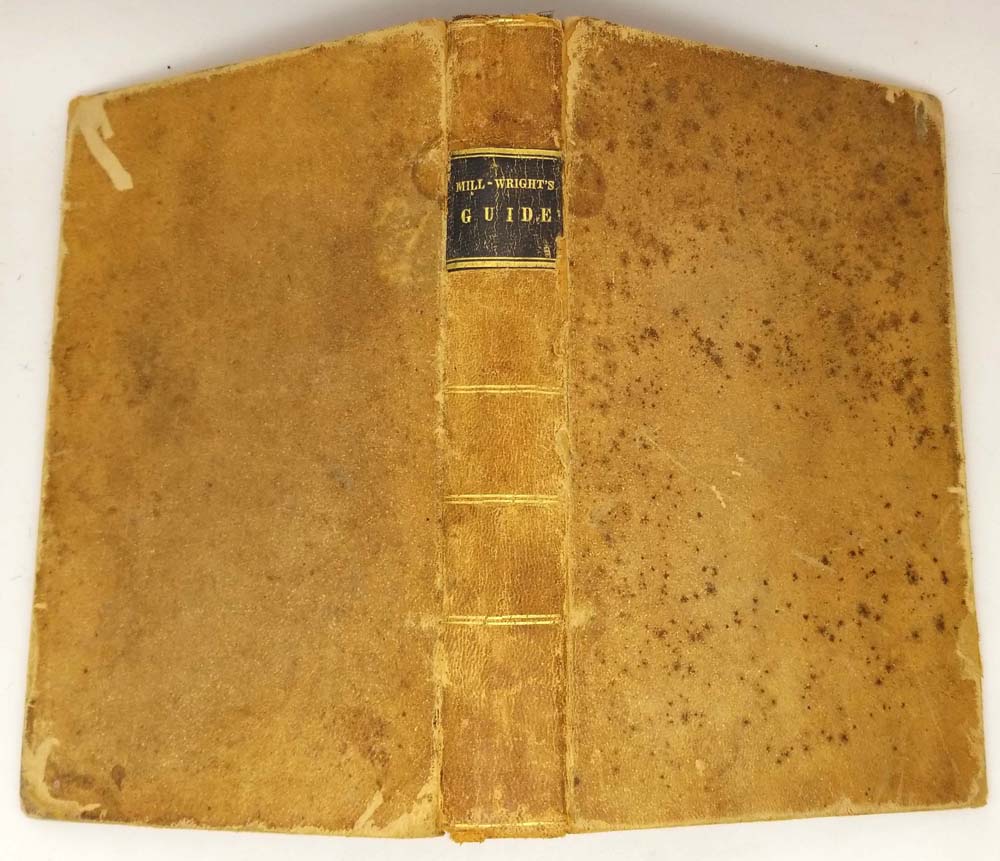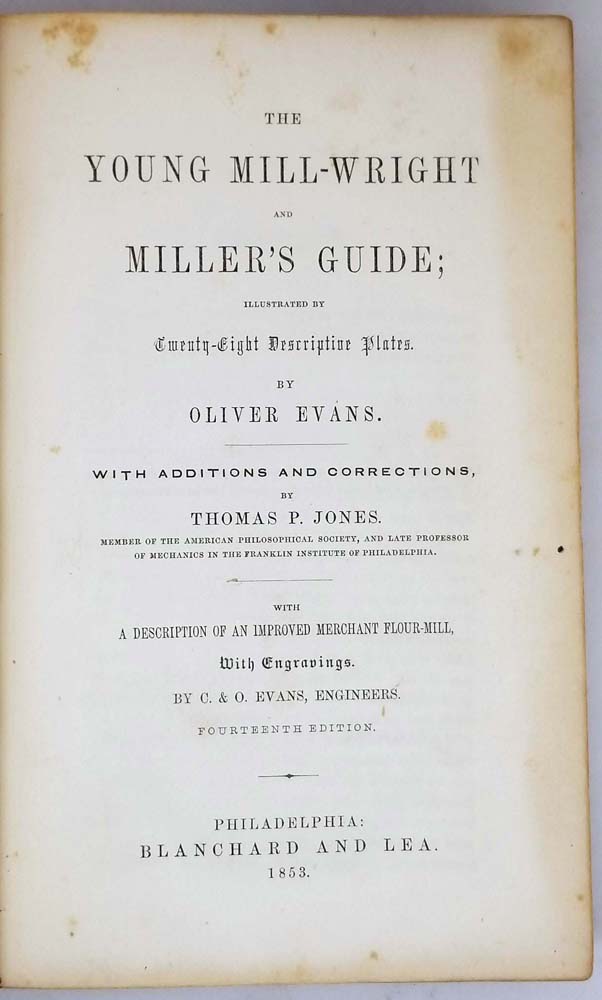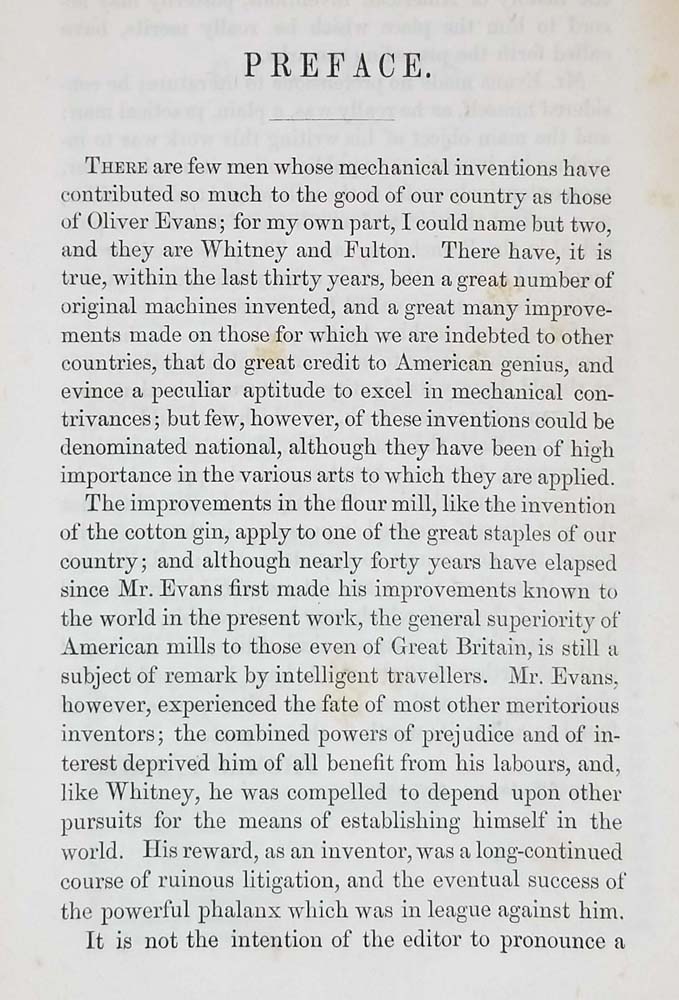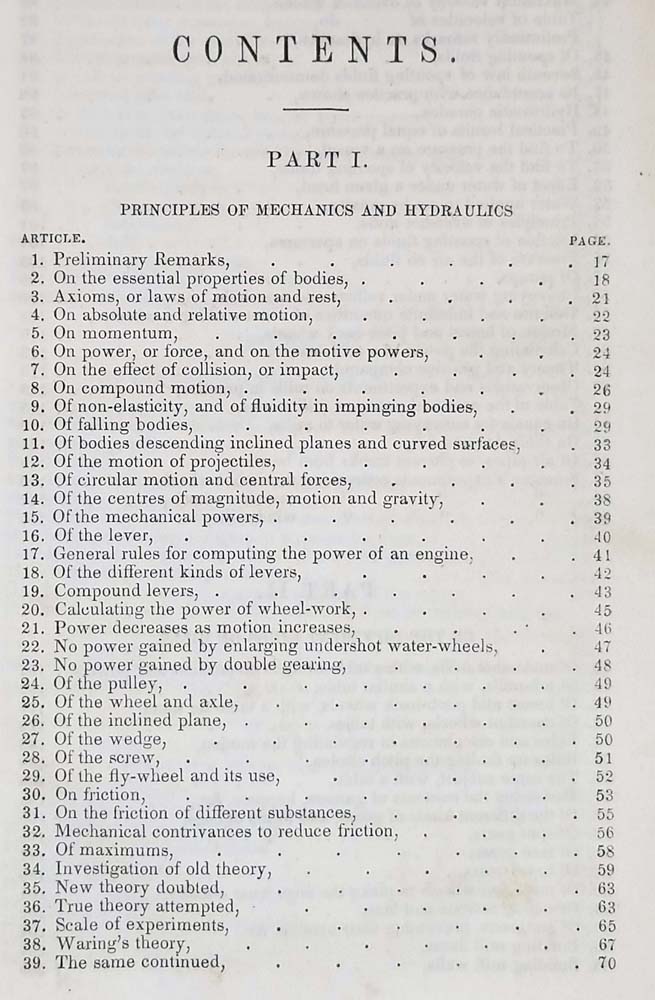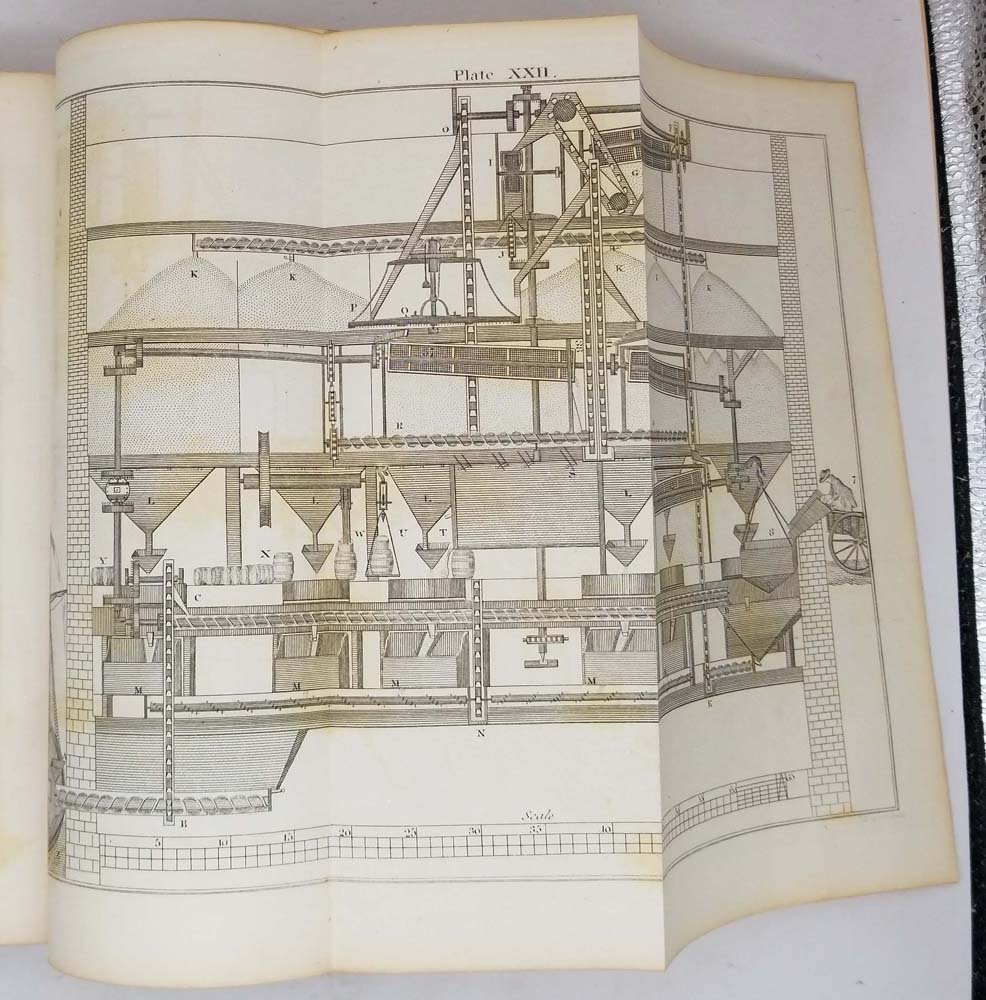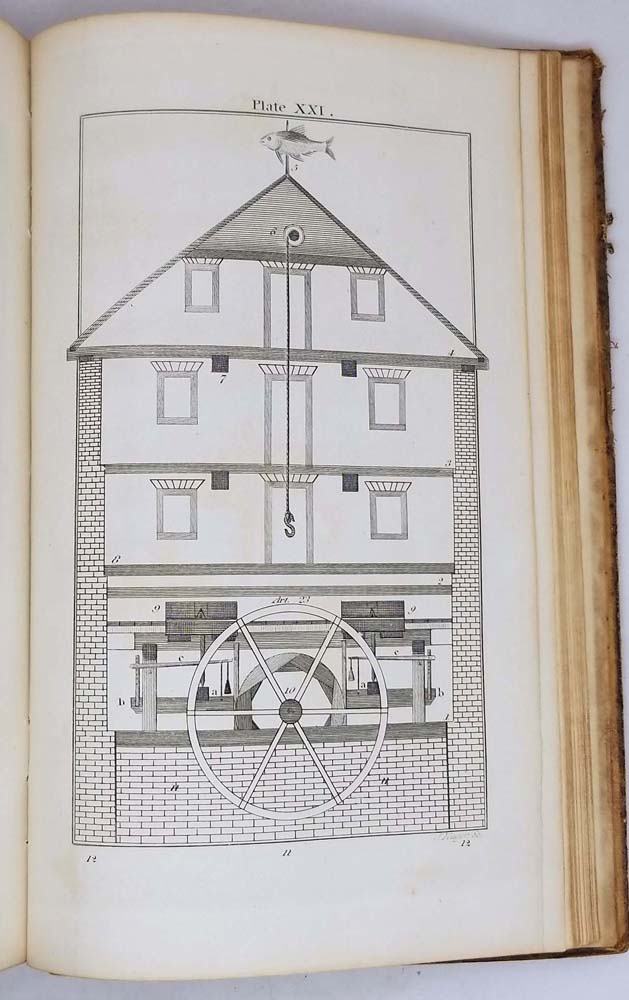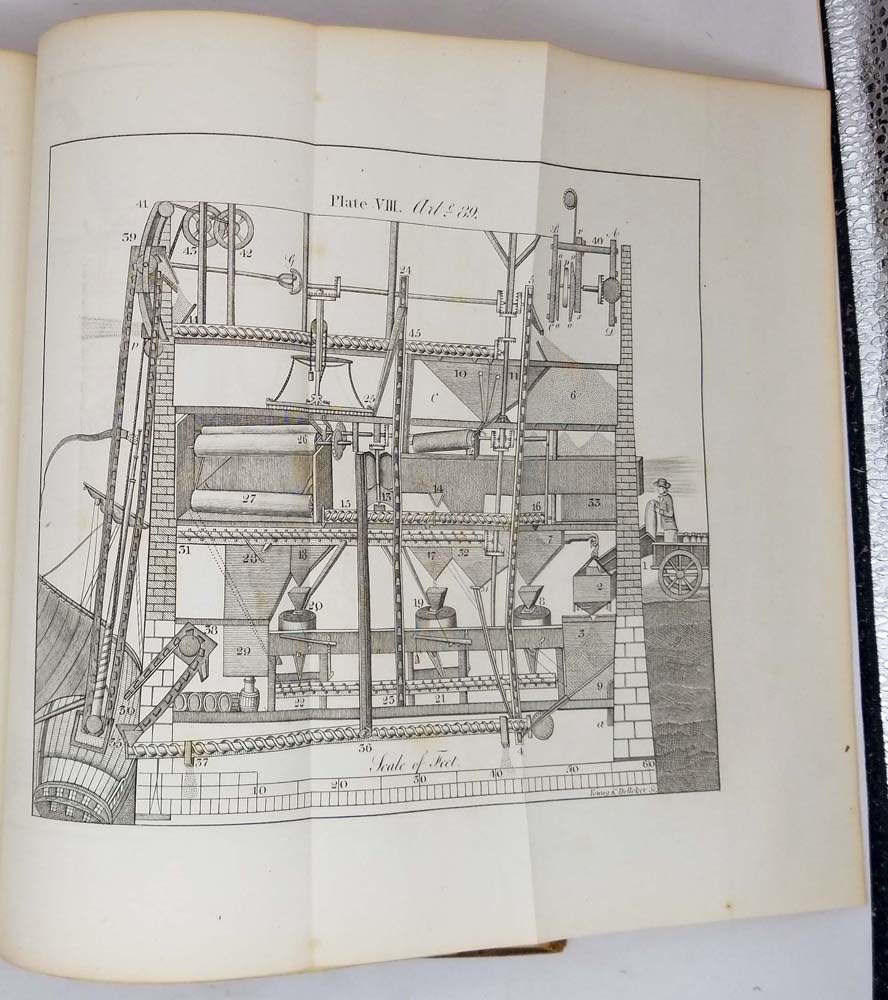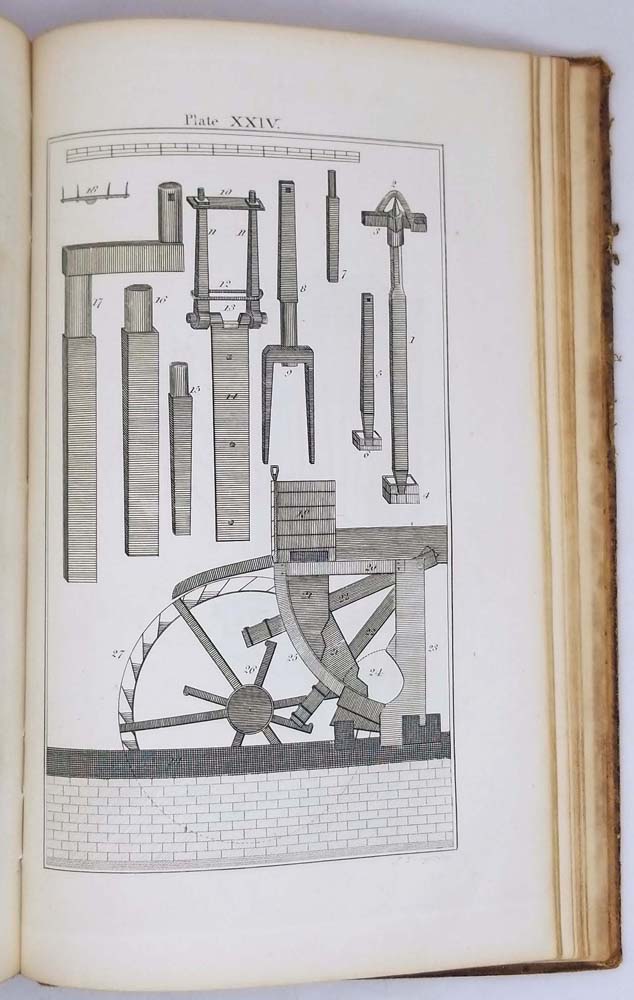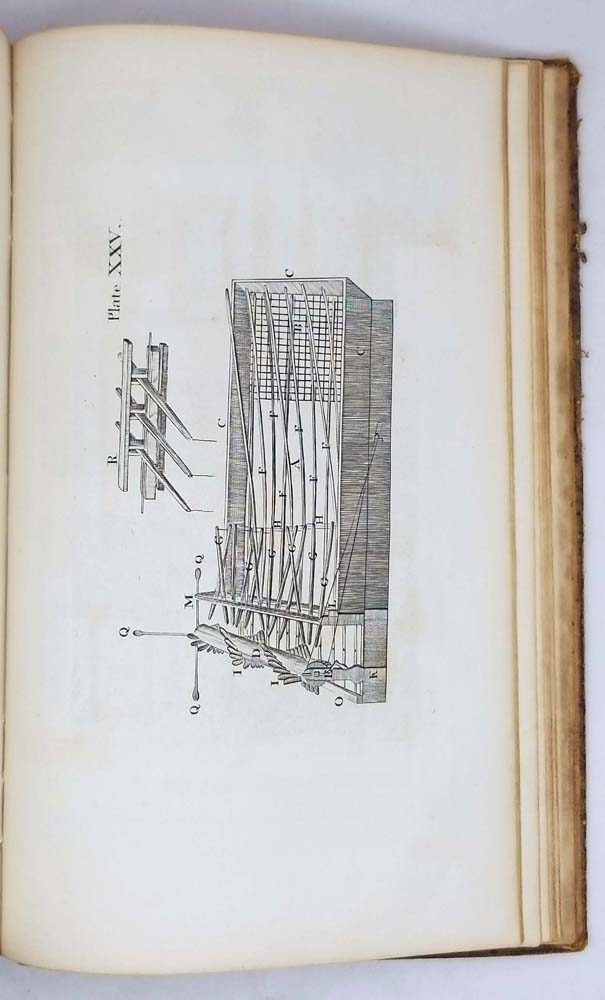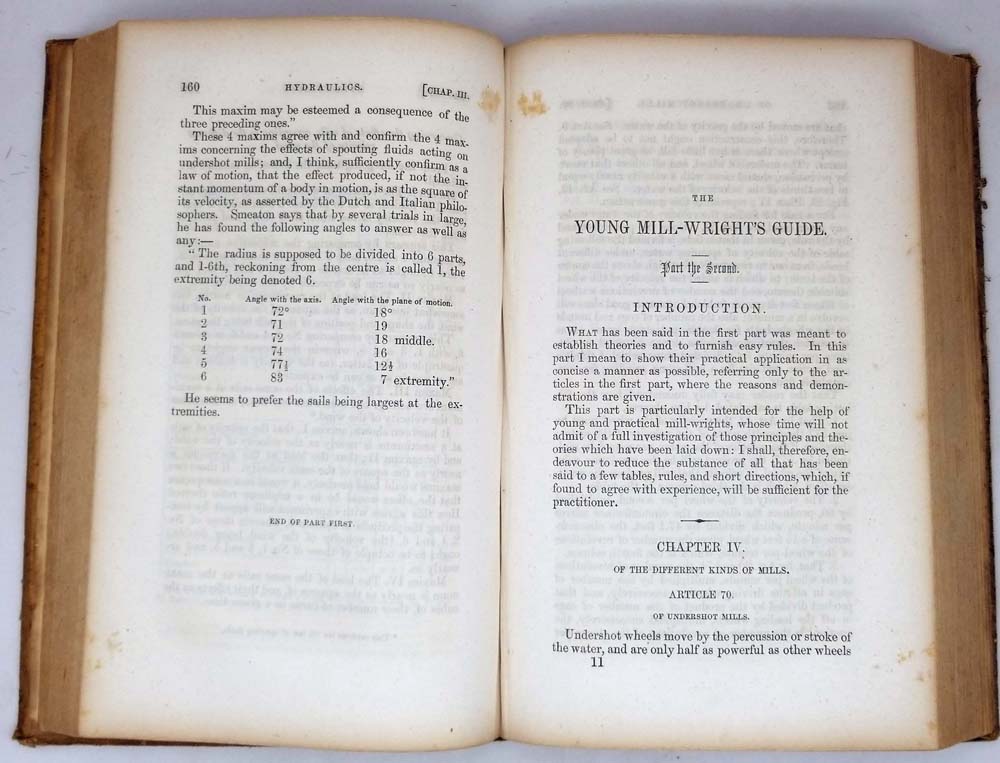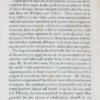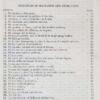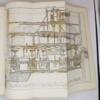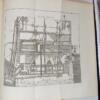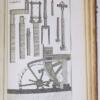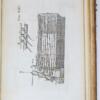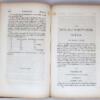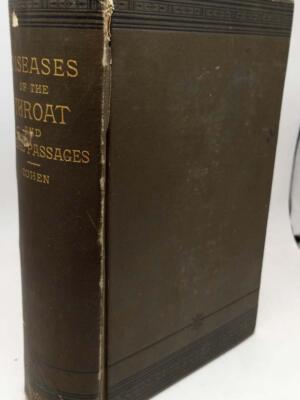The Young Mill-Wright and Miller’s Guide by Oliver Evans, first published in 1795 with the 1853 edition representing a later printing, stands as a foundational American technical manual that revolutionized flour milling and mechanical engineering. This practical treatise systematically details the construction and operation of gristmills, with Evans’ groundbreaking innovations in automated milling technology.
The 1853 edition preserves Evans’ original diagrams and specifications for his gravity-fed continuous production system – the first fully automated industrial process in America – while incorporating updates from subsequent millwrights. Its clear explanations of water wheel mechanics, gear ratios, millstone dressing, and elevator systems made it an indispensable reference for 19th-century engineers.
Beyond its technical content, the work embodies early American industrial philosophy, demonstrating how mechanical efficiency could transform agricultural production. Evans’ system reduced manual labor while improving flour quality, principles that would later influence factory mechanization. The book’s enduring popularity through multiple editions (the 1853 version being one of the last published during the steam-powered industrial revolution) reflects its status as both a practical handbook and a historical landmark in engineering literature.

